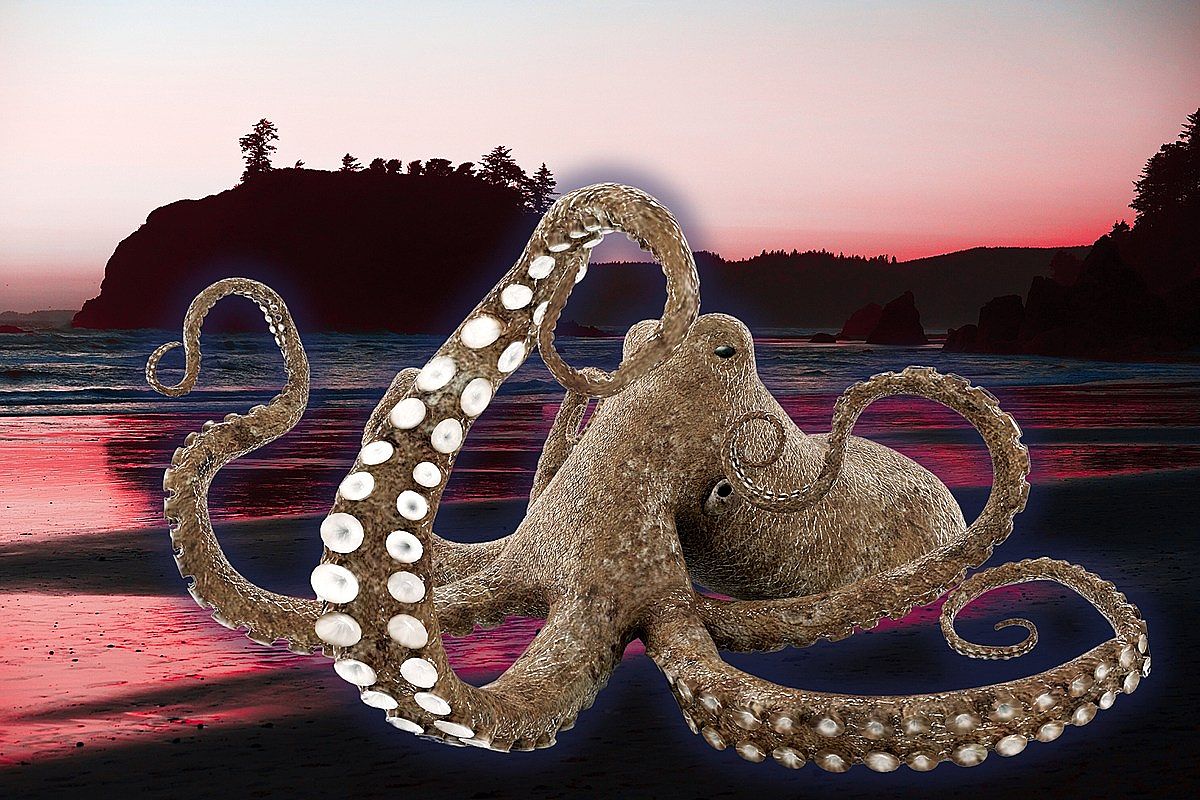The Washington legislature has passed a bill to ban octopus farming, citing concerns about the intelligence and sensitivity of these creatures. Despite the growing demand for octopus, lawmakers in California and Washington want to ensure the protection of these animals and address the sustainability of octopus consumption.
Octopus Farming: Concerns and Legislation
The Washington legislature has taken a significant step towards protecting octopuses by passing a bill that would ban octopus farming. Lawmakers in California and Washington are concerned about the potential harm caused by octopus farming, as well as the intelligence and sensitivity of these creatures.
Democratic Rep. Strom Peterson of Edmonds, WA, explained that octopus consumers will now have to satisfy their appetites with wild-caught creatures. He emphasized that octopus farming can lead to suffering and sickness for these intelligent and feeling animals, with significant environmental and ecological consequences. Peterson believes it is time to move away from octopus farming altogether.
Currently, the only known octopus farm in the United States is the now-permanently shut down Kanaloa Octopus Farm on Hawaii's Big Island. However, legislators in California and Washington want to ensure that new farms don't emerge on the mainland.
Rising Demand and Sustainability Concerns
Despite concerns over octopus farming, the global demand for octopus continues to rise. A spokesperson from a Spanish seafood company stated that global octopus consumption amounts to 350,000 tons per year, with a projected market growth of 21.5% by 2028 compared to 2022. Octopus is a popular delicacy in various countries, including Spain, Portugal, Greece, Mexico, Japan, South Korea, and China.
Unfortunately, the number of wild-caught octopuses is decreasing due to overfishing, making it increasingly important to address the sustainability of octopus consumption.
Octopus Cuisine: A Sustainable Option
For those who enjoy octopus cuisine, Yanagidako is a cleaned and fully cooked option that is entirely edible. The tentacles are tender and tasty, with a pleasing red color on the skin and creamy white meat. Sliced or diced yanagidako can be easily incorporated into salads, ceviche, soups, and sushi preparations.
A recent YouGov poll revealed that 59% of respondents find it acceptable to eat octopuses, while 24% believe it is unacceptable, and 17% are unsure.
The Fascinating World of Octopuses
In addition to the concerns surrounding octopus farming, overfishing, and sustainability, it is essential to consider the welfare and conservation of these fascinating creatures. Octopuses have a relatively short lifespan of 1-5 years and can lay anywhere between 100,000 to 500,000 eggs. However, only about 1% of these eggs hatch and fully mature. Octopuses are known for their intelligence, with their eight arms capable of acting independently. They can also grow at an impressive rate of around 5% per day.
While the debate over the plural of octopus continues, with both "octopuses" and "octopi" being acceptable, it is crucial to prioritize the preservation of these animals and their habitats.
Efforts in Ocean Conservation
In other ocean-related news, the Mystic Aquarium Animal Rescue Team recently released five endangered sea turtles back into the Atlantic Ocean. Among them were one loggerhead sea turtle and four Kemp's ridley sea turtles, all of which had been rehabilitated after suffering from cold-stunning damage in Cape Cod Bay. This release was part of a larger effort involving 26 sea turtles from various animal rescues across the Northeast.
As concerns over octopus farming and overfishing persist, it is crucial for individuals and policymakers to consider the impact of their choices on marine ecosystems and the welfare of these remarkable creatures.

